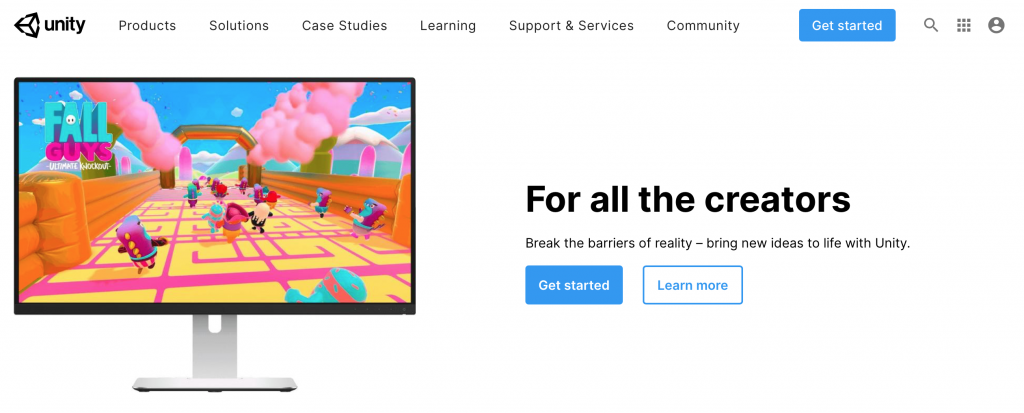Modern personal computing and advancement of tools continues to evolve to what I call the rise of The Creator.
Perhaps it’s not quite a trend yet, but I see this manifest slowly (and then perhaps very quickly) right before our eyes.
Software like Unity where low-code or no-code is required to build something from an idea. That’s just one example in the gaming industry and of many platforms like that that allow creatives to be closer to what is effectively real-time” creation feedback. (Unity Software labels themselves the “RT3D” platform, where “RT” stands for real-time).

It’s these two aspects that make it particularly exciting:
- Low-to-no code
- real-time compiling, rendering and playback
The first-order effects are self-explanatory. The second-order effects is even more incredible.
With less time spent on writing the “code”, and by the fact that these are digital tools, combine with real-time feedback loops means that you can iterate infinitely. The Creators can trial and error as much as possible and you can effectively perfect it without making much investments in resources or time.
Even more exciting is that with these tools, the barriers to entry is lowered, and more of these artistic endeavours will make its way to us consumers. Sticking on the topic of gaming we already see this with Roblox.
With that said, there will always (likely) be the same proportion of hits to misses just as it has always been. There will always be talent and their art that are far above the rest. But the likely outcome is that we get more art coming our way because of having more creators, and that there will be more great art simply because of the volume of creations that can be created will increase.
The problem I see though, is that the curation of this tsunami of art is going to be the bottleneck. Look no further than your YouTube, Netflix, Disney+, Playstation, Nintendo Switch, IMDB, Apple TV+, Amazon Prime Video, Apple App Store, Google Play Store, your favourite podcast app subscriptions page as the current symptoms of the problems to come. There’s only so much screen and so much personalization and liking one can do to prime those recommendation engines to get at the art that is most appealing to you. (We already see platforms like Roku, and Reelgood trying to tackle this.)
More stories like this are going to be features about the rise of The Creators.